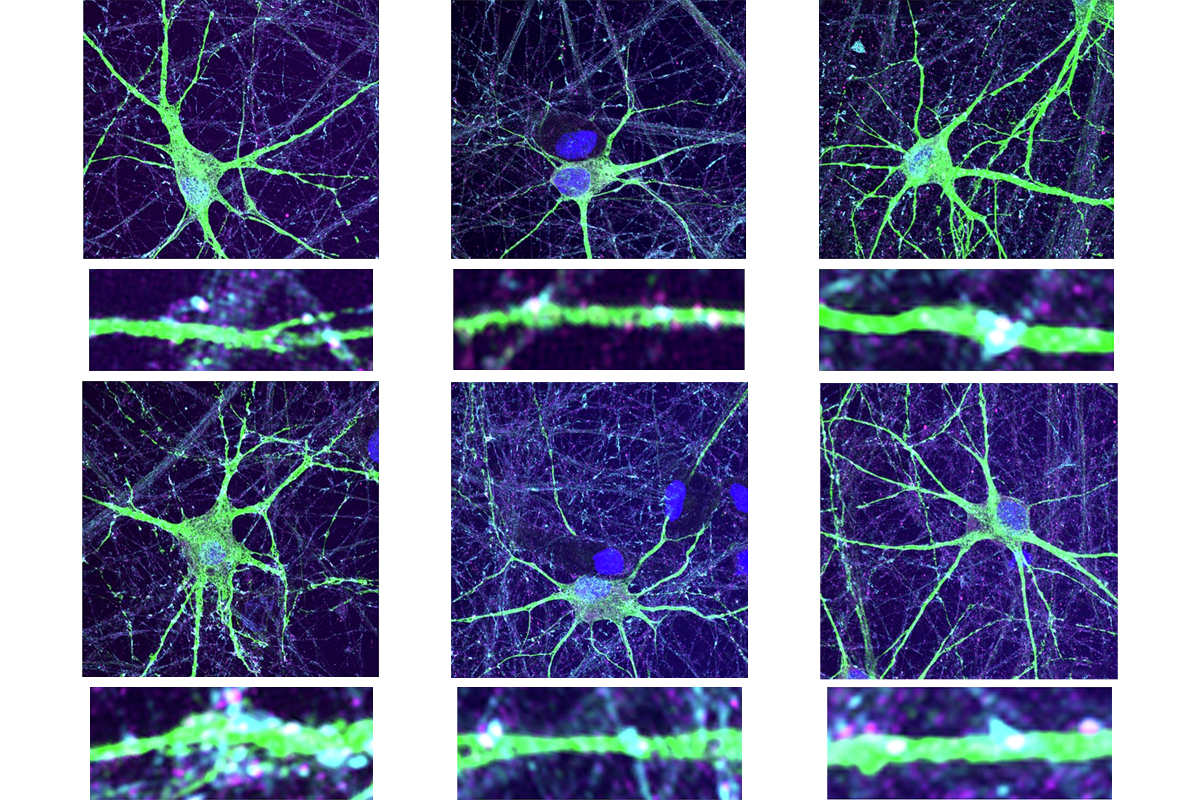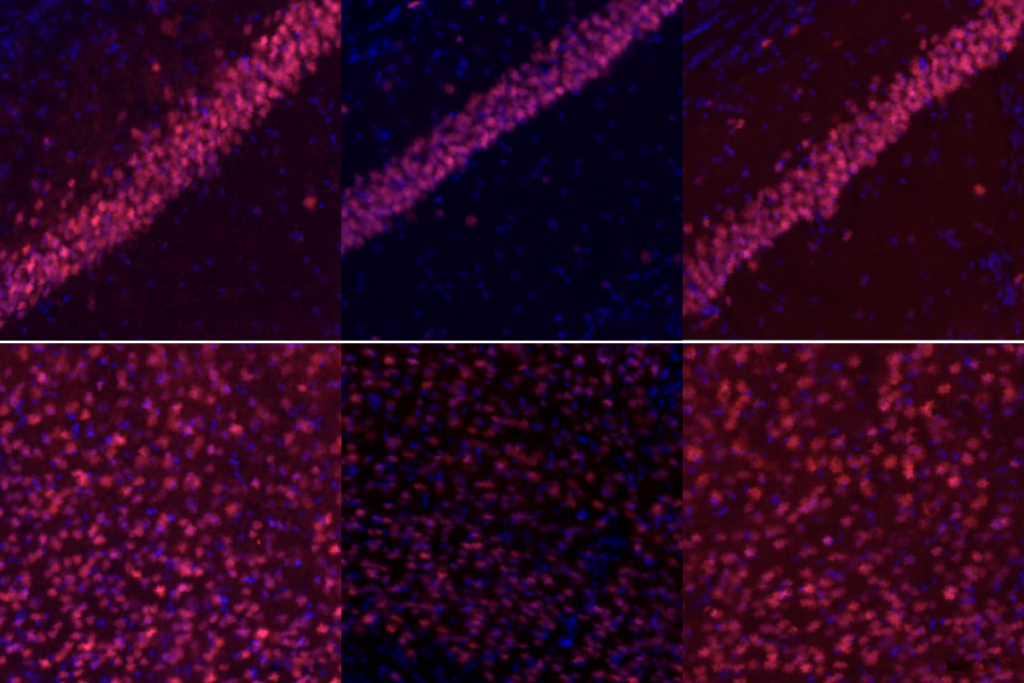Transmitter exclusives: On 22 September, the Trump administration announced the launch of the Autism Data Science Initiative (ADSI) and a move to approve leucovorin (also known as folinic acid) as a treatment for autism-like symptoms in children with cerebral folate deficiency. In a multi-part exclusive, The Transmitter took a closer look at these decisions. Our reporters examine the limited evidence in support of leucovorin as an autism treatment and the record of researcher and child neurologist Richard Frye of the Rossignol Medical Center in Arizona, who has led two placebo-controlled trials of leucovorin in autistic people—one of which was suspended by regulators. The Transmitter also covers reactions to the list of ADSI grantees and reviews the funded projects.
Pesky pitfalls: In a commentary, autism researcher David Mandell reacts to federal efforts to create an autism registry in the United States. Mandell acknowledges the potential benefits of disease registries—gathering new knowledge may advance treatment and prevention—and he nods to policies that enable protections for privacy and security. With that backdrop, he details his concerns about the new autism registry, including the pathologizing frame and the flawed view of autism’s causes used to justify its formation. In addition, the registry, officially launched in April, initially lacked information about protecting sensitive data and had no apparent way to opt out, he writes. JAMA Pediatrics
More autism research we spotted:
- “MED13L-related disorder characterized by severe motor speech impairment” Journal of Neurodevelopmental Disorders






